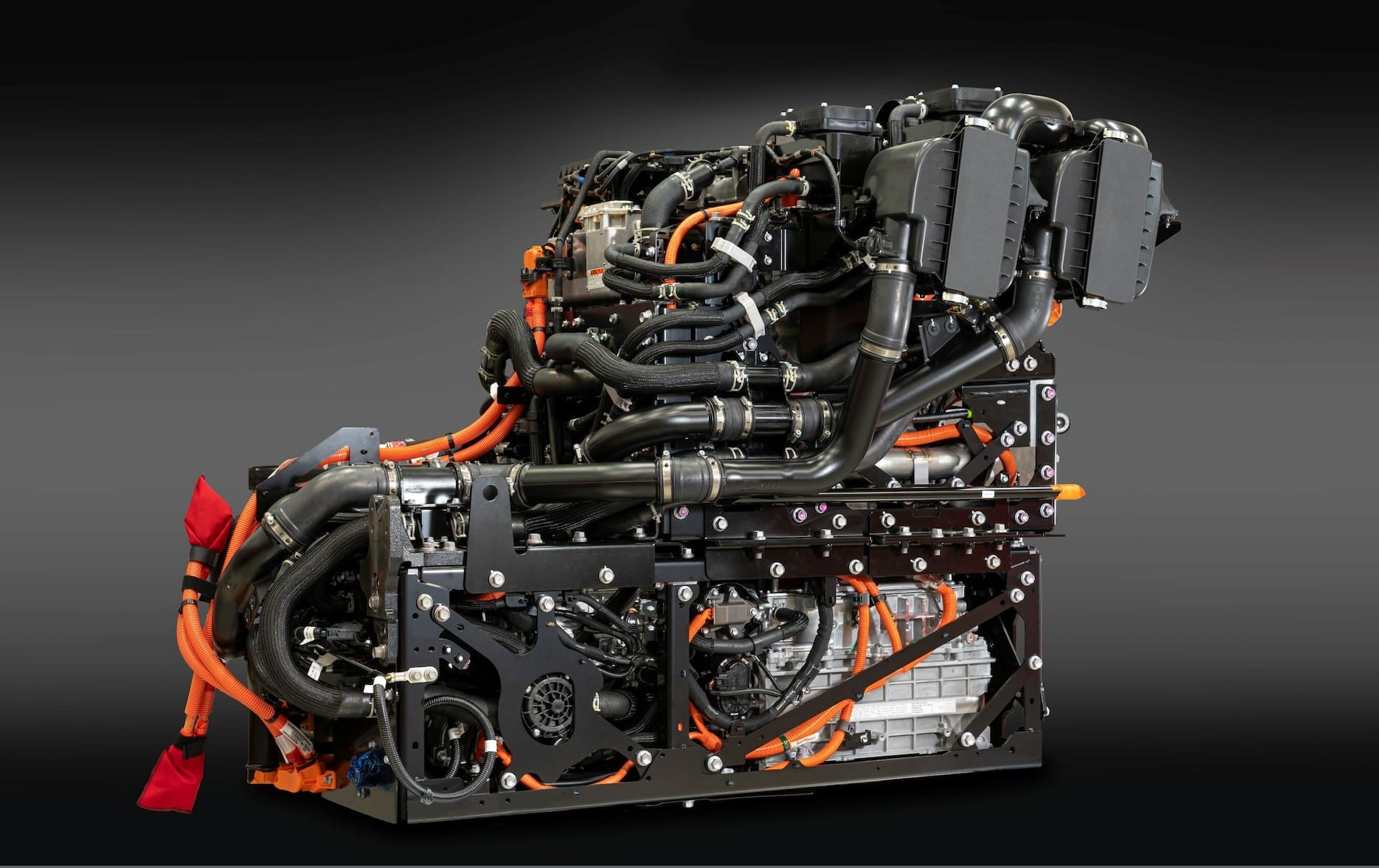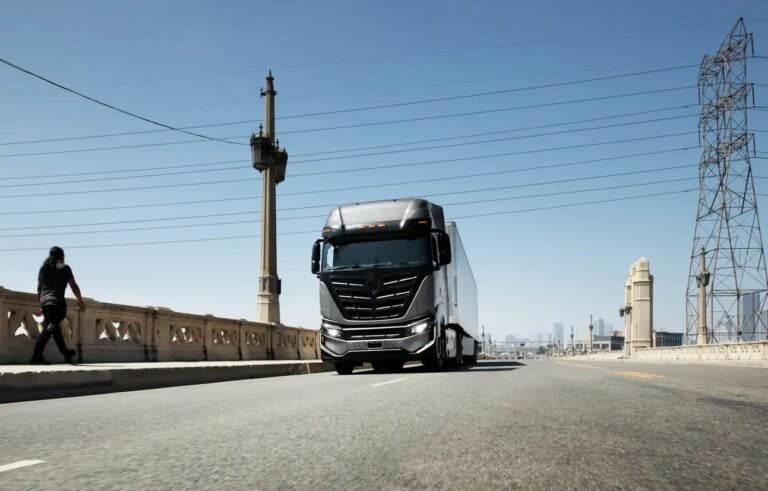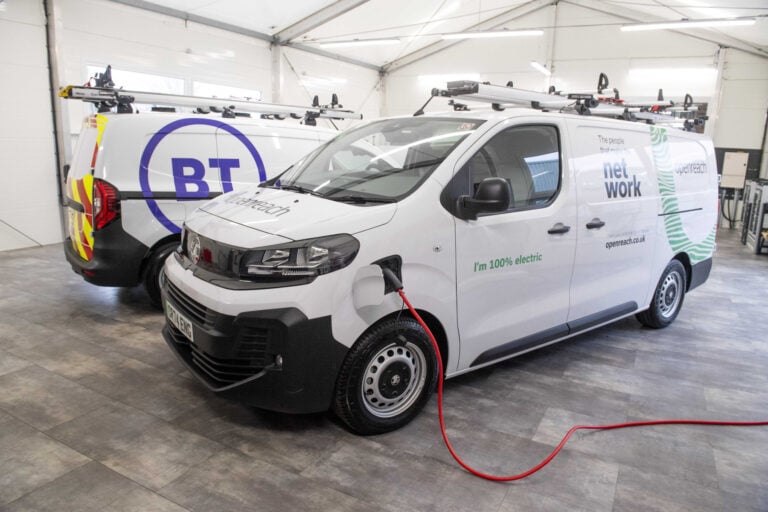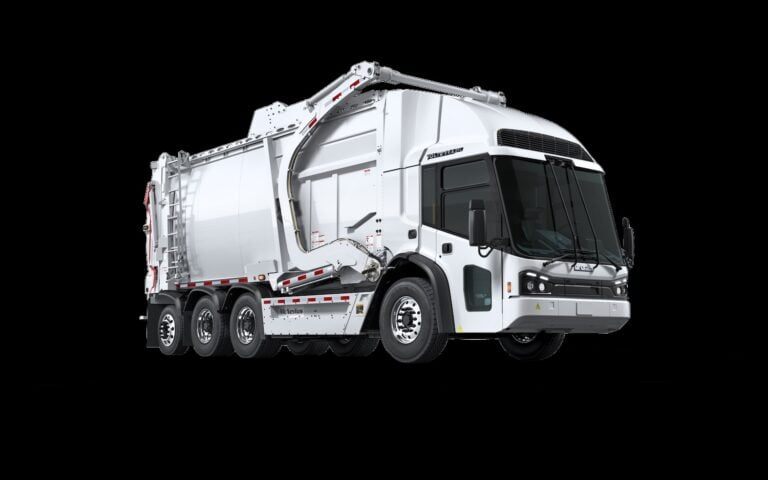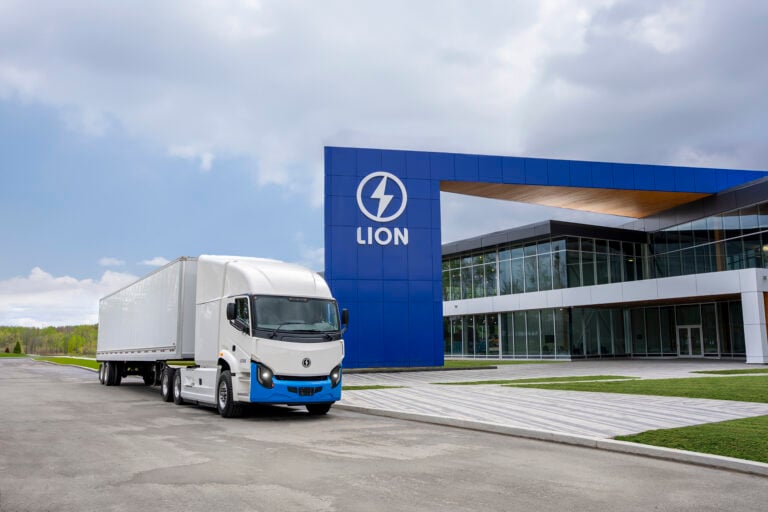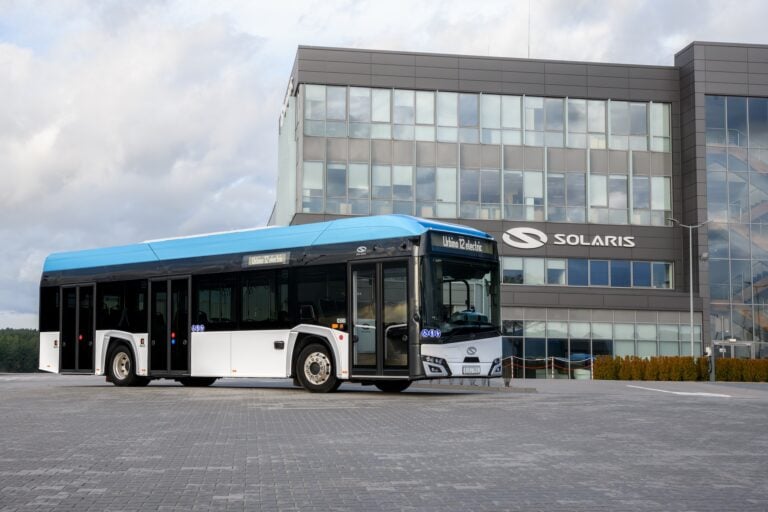What’s Happening: Toyota recently received a Zero Emission Powertrain (ZEP) Executive Order from the California Air Resources Board (CARB) for its new heavy-duty fuel cell electric powertrain. The hydrogen-fueled powertrain kit offers a viable alternative to diesel powertrains used in commercial goods transportation as fleets transition to zero-emission vehicles.
Why It Matters: Strict emissions regulations in California are pushing heavy-duty Class 8 commercial truck original equipment manufacturers (OEMs) and operators to adopt cleaner powertrains. Toyota’s CARB-certified powertrain allows these stakeholders to comply with the regulations while maintaining their operational efficiency.
Key Points:
- The hydrogen-fueled powertrain kit includes hydrogen fuel storage tanks, fuel cell stacks, batteries, electric motors, and transmission.
- OEMs using Toyota’s certified powertrain may be eligible for incentives, such as CARB’s Hybrid and Zero-Emission Truck and Bus Voucher Incentive Project (HVIP), the Clean Truck Fund (CTF), and certain federal incentives.
- Toyota’s efforts with hydrogen-powered heavy-duty truck powertrains began with Project Portal in 2017, leading to multiple generations of powertrain prototypes and the successful “Ocean” generation truck.
- Toyota’s CARB ZEP-certified powertrain kit is now ready for commercialization, with production slated to start later this year at the company’s Kentucky manufacturing plant.
- Fuel cell electric powertrains are advantageous for heavy- and medium-duty transport when compared to other all-electric options, as they are often lighter to allow for more payload and offer more uptime due to quicker fueling times.
Bottom Line: Toyota’s CARB-approved fuel cell electric powertrain for heavy-duty trucks demonstrates the company’s continued commitment to developing zero-emission technologies for various applications. The powertrain provides a clean, viable alternative to diesel powertrains, helping commercial truck OEMs and operators comply with strict emissions regulations while retaining operational efficiency. With nearly 30 years of research and development in hydrogen fuel cell technology, Toyota continues to play a significant role in the move towards a hydrogen society.

